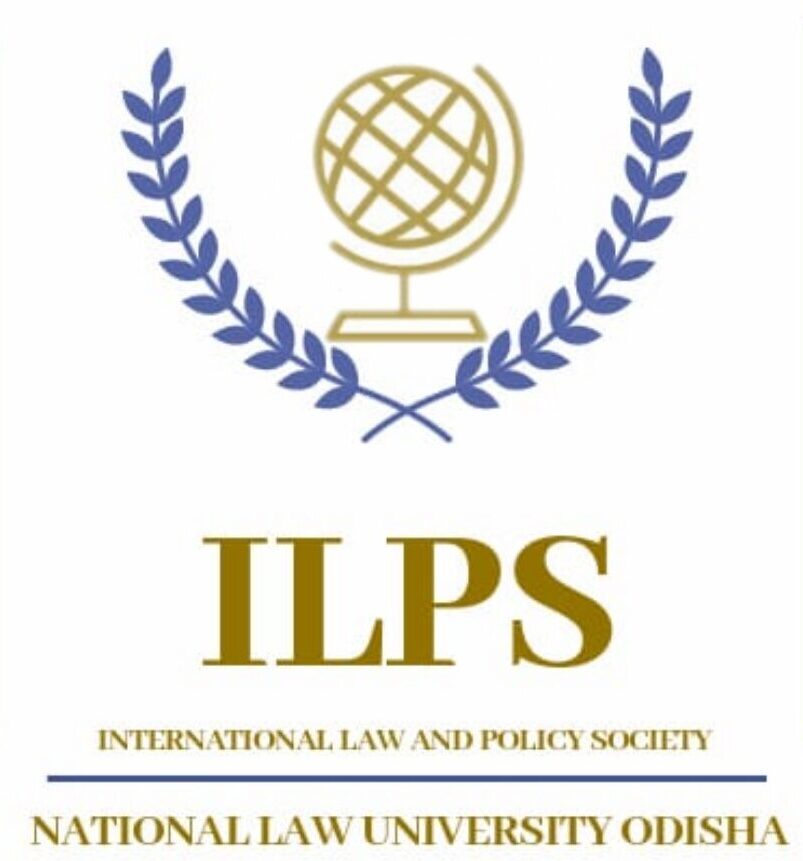Introduction
Exigency compels the use of emergency powers by governments. State of emergency is a feature of democratic state and is accommodated through Constitutional framework, legislative amendments, and emergency-minded interpretative. Under International law, public emergency is defined in the Paris Minimum Standards as a situation of exceptional, actual or imminent danger that threatens public order and safety of the nation and owing to its nature, states are allowed to derogate from their human rights obligations under the treaty body mechanism.
In this blog, the author contends that Egypt’s extension of emergency on 28 April 2020 for the twelfth time since 2017 has nothing to do with theCOVID-19 pandemic as the state is already in a de-facto state of emergency. De-facto emergency is not officially proclaimed,lacks transparency, supervision, and often states prolong emergency without a cut-off date. The state has a rich history of routinely resorting to emergency powers in the name of counter-terrorism initiative in the last three decades.
The author analyses the emergency of Egypt vis-à-vis Article 4 of International Covenant on Civil and Political Rights(ICCPR) that allows a state to derogate human rights during emergency provided that the measures of the government are strictly monitored under the mandate of Human Rights Committee (HRC) through state party reports and individual complaints. However, the review measures are useless for Egypt which has remained invisible and unscathed under the radar of such monitory mechanism and has committed grave human rights violations under the garb of crisis. Thus,the de-facto emergency in Egypt highlights the normative gap of the derogation review provided by the international human rights regulation that tends to focus on the ideal type of emergency
Interface between Emergency Laws and Derogation Clause
In exceptional circumstances, ICCPR also known as primus inter pares of the international human rights treaties allow states to derogate human rights during public emergency in pursuant to Article 4.1. Derogation is a deviation from the normal legal system and the General Comment 29 of ICCPR legally distinguishes it from the exercise of limitations or restrictions, wherein the former can only be invoked in a public emergency taking into consideration the duration, geographical impact, and the exigency of the situation.
Derogation often results in egregious human rights abuses purported by state and its actors. To maintain oversight and accountability on the actions of a state, HRC under its mandate have the power to substantively review the measures through state party reports or individual complaints (allowed through Option Protocol) on the invocation of Article 4. At present, only 13 states have declared emergency as a response to COVID-19 and have notified the Secretary General of the UN on their intent to derogate certain provisions as a response to COVID-19.
Similar derogation clauses are present in Article 15 of European Convention on Human Rights, Article 27 of the American Convention on Human Rights, and Article 4 of the Arab Charter of Human Rights. However, the African Charter of Human and Peoples’ Rights lacks derogation clause and the only manner in which a restriction on the rights can be put are through Article 27.2 on the grounds of legitimate state interest where the measures must fulfill the standard of legality and proportionality.
The derogation clause of ICCPR holds wide acceptance for the reasons that it envisages the evidence of customary international law and of general principles of international law and thus carries much more weightage than those provisions in regional human rights instruments. The procedural requirements of derogation that are mentioned in the Siracusa Principles are:
- Public proclamation of emergency,
- Notice of derogation the Secretary-General of United Nations.
- Measures must comply with the test of necessity and proportionality,
- must not interfere with other international human rights obligations,
- should be applied non-discriminately, and
- no derogation of peremptory norms(Jus Cogens) such as Right to Life, Prohibition against Torture or Inhumane Treatment, Prohibition of Slavery and Servitude, Freedom of Religion and Conscience, Legal Recognition before the Law, and Fair Trial mentioned in Article 4.2 of ICCPR.
Can Terrorism justify the violations of human rights in the backdrop of Emergency?
Egypt’s tryst with emergency law has been continuous in the presidency of Hosni Mubarak who was elected after the assassination of President Anwar Sadat in 1981. The state has been dominated by terrorist activities since its inception, thus most measures as alleged by state authorities are anti-terrorism and anti-drug trade initiatives. The Emergency law 162/1958 which regulates the emergency procedure, allows the executive to expand its powers, and has been amended many times to the suitability of the President.
The 2007 Constitutional amendment was a step in furtherance of establishing permanent regime of emergency as it gave the President a power to refer terrorism offences to the emergency or military courts. The author argues that this violates the Jus Cogens norm of fair trial and public hearing under Article 14 of ICCPR. Moreover, the Working Group on the protection of human rights while countering terrorism maintains that any person convicted of terrorist offences must have a genuine right to review the conviction.
The 2011 Arab Spring protest led to the drafting of its Constitution in 2014 that on paper added certain constitutional safeguards such as the emergency can only be proclaimed by the President after prior consultation with the cabinet for a maximum duration of three months, and that may extend only once under Article 154 of the Egypt’s Constitution.
In the emergency regime, state measures such as administrative detentions have tortured so many innocent citizens on the suspicion of ‘danger to public security’ with no right to trial. The report of the Inter-American Commission on Terrorism and Human Rights of 2002 observes that anti-terrorism measures of the government cannot surpass their international obligations under international human rights and humanitarian law.
Notably, the Arab Charter under Article 4.2 consist of the longest list of non-derogable rights including the right against arbitrary detention. Article 14.6 of the Arab Charter observes that anyone who is deprived of his liberty by arrest or detention has been entitled to petition in a competent court that shall decide on it expeditiously. Irrespective of this non-derogable right, incommunicado and indefinite detention, police search without warrant, and prosecution without fair trial remains intact.
Further, in Brannigan and McBride v. United Kingdom, the European Court of Human Rights (ECtHR) observes that incommunicado detentions violate its international standards set in the United Nations Body of Principles for the Protection of All Persons under Any Form of Detention or Imprisonment while adopting anti-terrorist initiatives even if a state is exercising its right of derogation.
The Berlin Declaration on certain human rights obligations to be considered while fighting terrorism observes that administrative detention is an exceptional measure and a person can never be detained incommunicado without the right of habeas corpus and frequent judicial intervention. Right to personal liberty can be well summarized in the minority opinion of Justice HR Khanna in the Habeas Corpus judgment of the Supreme Court of India in 1976. Justice Khanna, the only dissenter in the judgment observed the that fundamental rights such as personal liberty is not a gift of the state, and with or without Constitution the right to life against the arbitrary state measures remains the most inalienable and irrefutable right.
Conclusion
The challenges to human rights protection against terrorism in the backdrop of emergency are immense. The HRC of UN experts on the implementation of ICCPR (here) and on the Convention against Torture (here) have both recommended Egypt time and again to review its continuous emergency from the standard of legal necessity and its international human rights obligations however, all on that has gone in vain.
It should be noted that counterterrorism measures and preservation of human rights are complementary bodies and the state cannot subject its citizens to grave human rights abuses in its fight against terrorism. Egypt’s recent amendments in its Law No. 22 of 2020 include the induction of military judges in its courts and right of the President to ban all kinds of movement to name a few. Such a regime poses a requirement of more effective review mechanism of the international human rights framework. The structural difference between the HRC of ICCPR and other regional system is evident because the regional systems get assistance from their regional courts like ECtHR and IACtHR.
Most importantly, the review mechanism of ICCPR has not been able to accommodate the changing nature of emergency. Recently, Hungary declared an indefinite state of emergency by introducing an enabling act that sought to remove the sunset clause (cut-off date) from its Fundamental Law (Constitution of Hungary) as a response to COVID-19. By removing the sunset clause that is a constitutional safeguard against the everlasting executive power, the state will go into a de-facto state of emergency that will not require frequent proclamation of its extension. To address the normative gap, the HRC must shift its reliance from state compliance to a regulatory framework of reviewing stringently those states that tend to establish authoritative regimes under the garb of crisis.
This article is written by Gursimran K. Bakshi



